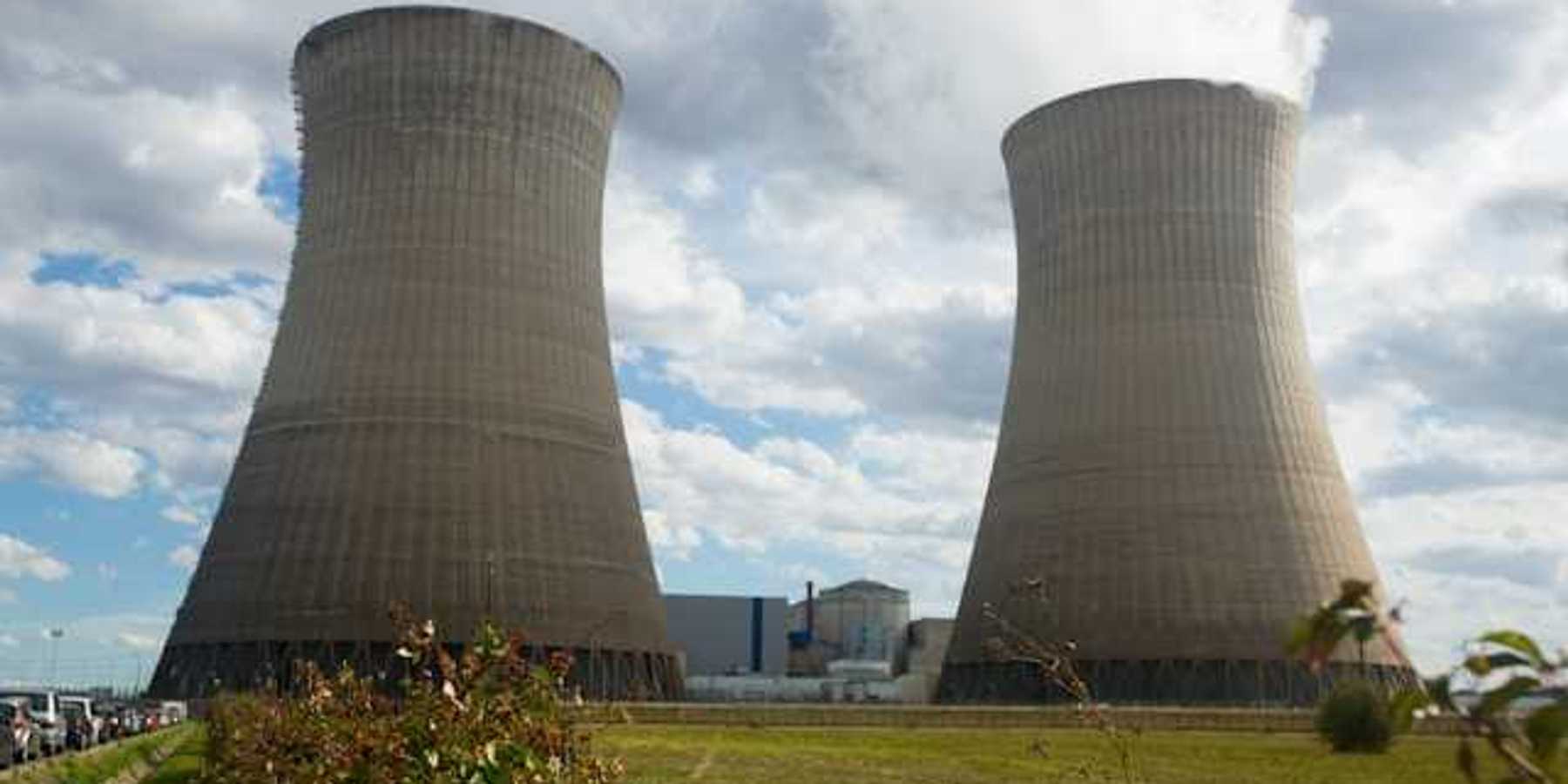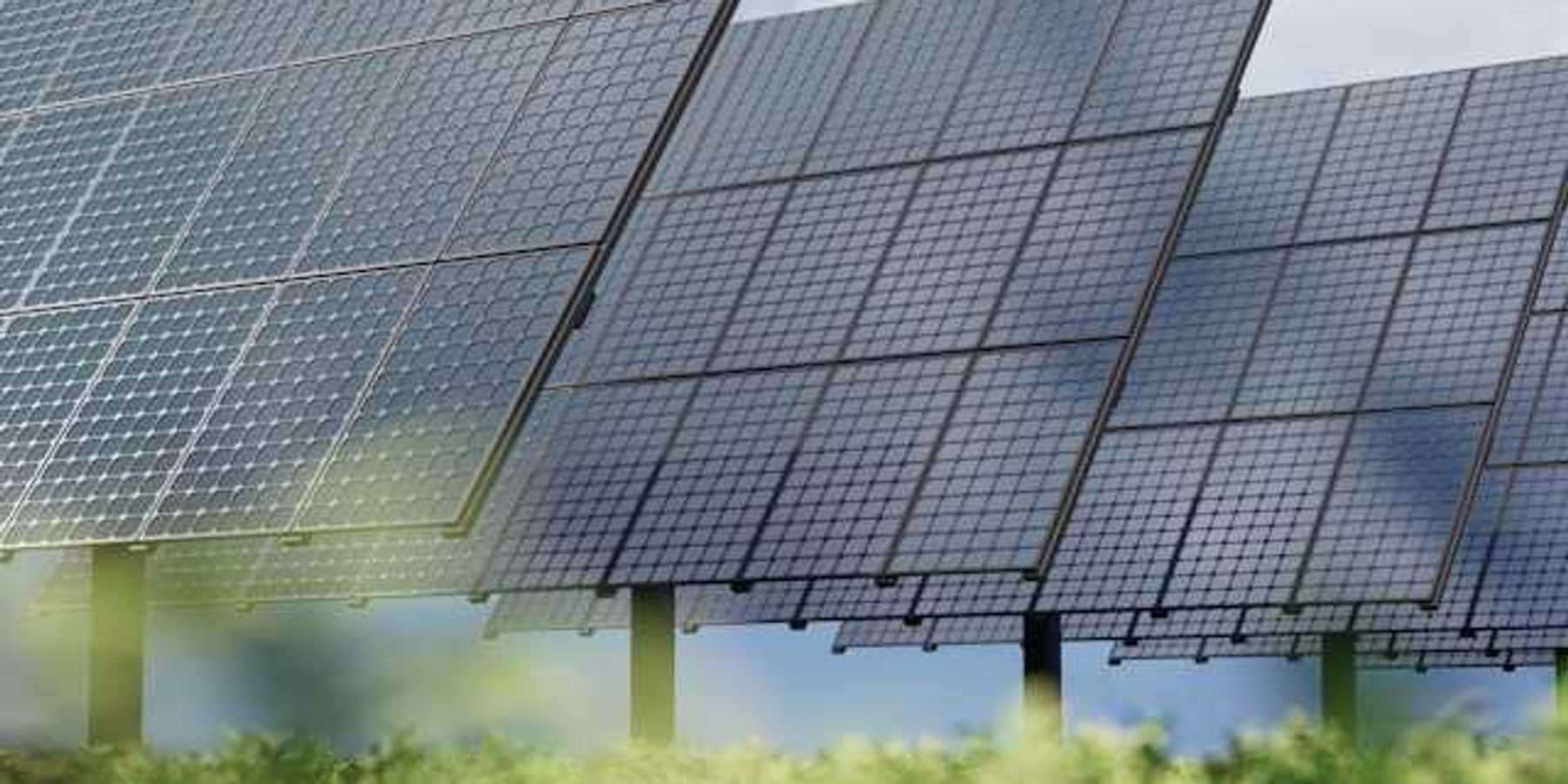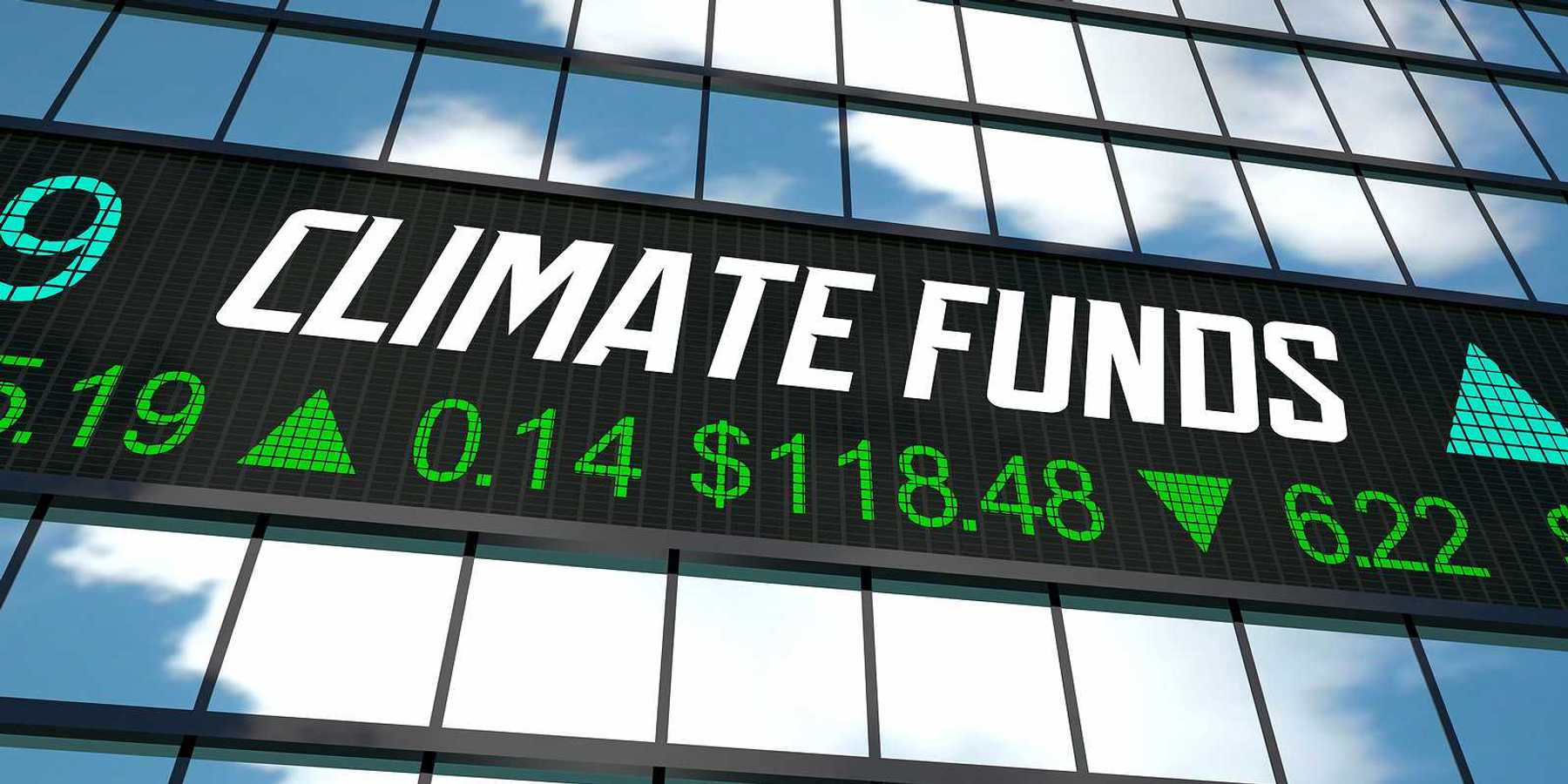Congress hears warnings that cutting renewable energy incentives could drive up costs
Energy experts told lawmakers that rolling back Biden-era tax credits for renewables could slow grid expansion, raise electricity costs, and make it harder to meet surging energy demand.
Katie Surma reports for Inside Climate News.
In short:
- The U.S. is facing an unprecedented rise in electricity demand due to artificial intelligence, manufacturing growth, and electrification.
- The Trump administration has moved to halt funding for clean energy incentives, prompting concerns from utilities and grid operators that this could undermine reliability and drive up costs.
- A study found that repealing clean energy tax credits could raise residential electricity bills by 7% and business costs by 10% by 2026.
Key quote:
“I mean, it’s sort of obvious, right? If you pull back incentives for a given activity, you’re going to see less of that activity. In this case, that means there’s going to be less generation out of the system, and it’s going to impose higher costs.”
— Tyler H. Norris, James B. Duke Fellow at Duke University
Why this matters:
Energy demand is rising fast, driven by AI-powered data centers and increased electrification. While renewables are expanding, traditional fossil fuel plants still provide a significant power source. Cutting tax credits for wind, solar, and nuclear energy could slow grid modernization and raise costs, potentially leading to reliability issues and higher prices for consumers. With extreme weather events straining power grids, decisions about energy investment could shape the country’s ability to keep the lights on.
Related: US energy secretary pushes nuclear power as AI-driven energy demand rises













